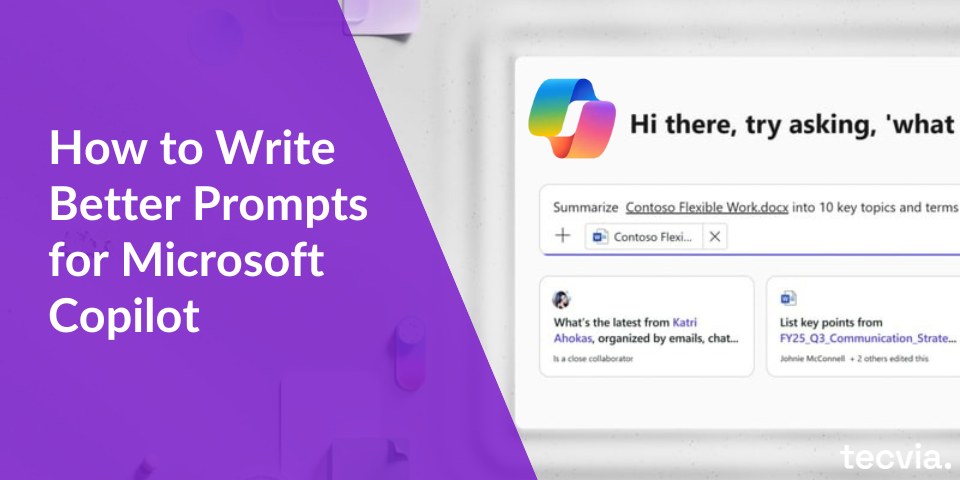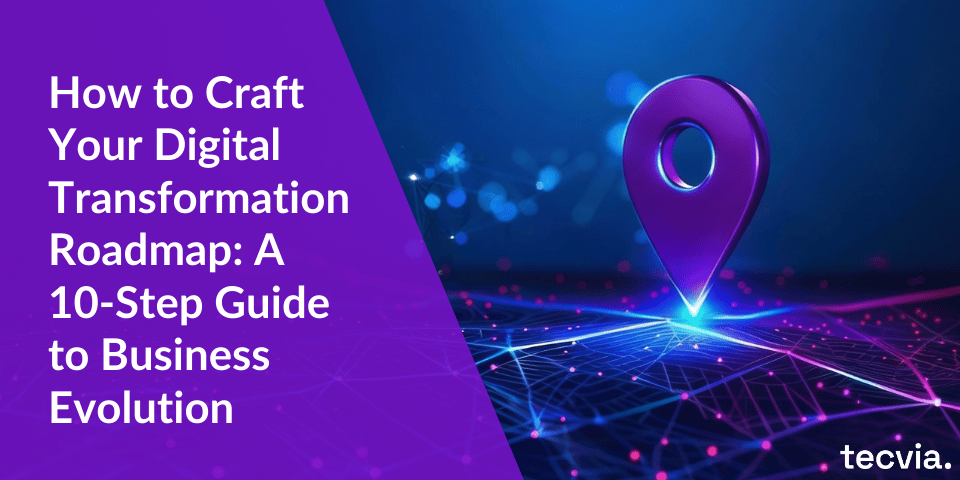QuickBooks has long been the go-to accounting software for small businesses, offering simplicity, affordability, and essential bookkeeping features. But as your company grows, so do your financial complexities, and what once worked well may now be holding you back.
If you’re noticing bottlenecks, data limitations, or workarounds piling up, it might be time to ask: Has my business outgrown QuickBooks?
Here are 10 unmistakable signs it might be time to upgrade to a more robust solution:
1. You Keep Using Spreadsheets to Do More Work
QuickBooks gives basic reports. However, as your business grows, you may need to view your numbers in different ways. If you often copy data from QuickBooks into Excel or Google Sheets just to make your own reports, that’s a big sign that it’s not enough anymore.
Why this matters:
- It takes time to copy data.
- It’s easy to make mistakes in spreadsheets.
- You may be looking at old data instead of real-time updates.
How an ERP can help:
If you’re using spreadsheets every day, your system is too limited. An ERP system solves this by giving you real-time data and strong reporting tools. It removes the need for manual spreadsheets and ensures you always have current insights
2. You Have Multiple Entities or Locations
If you run more than one company or location (like different stores or offices), QuickBooks can’t handle everything in one place. You have to switch between different files, which can get confusing.
Problems you may face:
- You can’t see all your company numbers together.
- It takes a long time to combine reports.
- Mistakes happen when you try to match numbers from different places.
How an ERP can help:
An ERP system provides a single, clear view of all your entities and locations. This saves time and reduces errors by automating intercompany transactions and reporting.
3. Your Month-End Close Takes Too Long
“Closing your books” means checking all your income and expenses and making sure everything is correct at the end of the month. It should only take a few days. If it’s taking a week or more, your tools might be slowing you down.
What slows you down:
- Manually entering numbers.
- Fixing mistakes from missing or wrong data.
- Doing the same tasks repeatedly by hand.
How an ERP can help:
An ERP can help you close your books faster and with fewer mistakes. It does this by automating data entry, simplifying reconciliation, and giving you real-time access to financial data.
4. Limited User Access and Controls
As your business grows, more people may need to work with your finances, like bookkeepers, managers, or accountants. However, QuickBooks doesn’t allow you to control what each person can see or do very well.
Why is this risky?
- Some people may have too much access.
- You can’t track who changed what.
- It’s hard to protect sensitive info.
How an ERP can help:
An ERP helps you control access better and keep data safe. It does this by offering strong role-based permissions, clear audit trails, and improved data security features.
5. Inventory Management is a Mess
QuickBooks can track some inventory, but not a lot. If you sell products or keep stock in multiple locations, it quickly becomes a mess.
Problems you might face:
- You don’t know how much you really have.
- You run out of items or order too much.
- You spend hours counting and updating by hand.
How an ERP can help:
Advanced systems, like an ERP, provide real-time inventory updates for all locations. They automate tracking and improve purchasing. This saves you time and helps avoid stock problems.
6. You’re Integrating Too Many Add-Ons
To make QuickBooks do more, you might add other apps (for things like payroll, billing, inventory, or CRM). At first, this works. But after a while, it gets messy.
What can go wrong:
- The apps don’t communicate properly with each other.
- You enter the same data in more than one place.
- It’s hard to see the full picture of your business.
How an ERP can help:
An ERP puts everything in one place, so you no longer have to jump between apps. It combines all your main business functions. This ensures data is consistent, removes duplicate entries, and gives a clear, real-time view of your whole operation.
7. Real-Time Visibility is Non-existent
QuickBooks displays basic reports, but not in real-time. If you want to see your sales for today, your profit for this week, or how one location is performing compared to another, you may not be able to.
Why this matters:
- You make decisions with old or incomplete information.
- You can’t respond quickly to problems or opportunities.
- You spend too much time building custom reports.
How an ERP can help:
An ERP system gives you better tools. You can access real-time dashboards and get quick answers. This helps you gain instant insights into your business. With this information, you can make timely and informed decisions.
8. Compliance and Audit Readiness Are Painful
As your business grows, you may need to comply with additional regulations or prepare for audits. QuickBooks makes this difficult because it doesn’t track every change or store all the necessary data.
Risks you may face:
- You can’t show a clear record of who did what.
- You must dig through emails or papers for proof.
- Audits take longer and cost more.
How an ERP can help:
Stronger accounting systems, such as an ERP, are designed for audits. They allow you to stay compliant by providing clear audit trails, automated data capture, and detailed reporting. This makes it easier to meet rules and simplifies the audit process.
9. You’re Expanding Globally
If your business is expanding globally, QuickBooks may struggle to keep up. It doesn’t handle foreign currencies, tax laws, or languages very well.
Common issues:
- You must convert money by hand.
- You don’t know if the taxes are correct.
- You can’t make reports that combine countries.
How an ERP can help:
An international-ready system, like an ERP, can handle this for you. It offers multi-currency support, automated tax compliance for different areas, and global reporting. This makes your international operations easier.
10. You’re Planning for Growth, Not Just Survival
If you’re planning to raise money, buy another company, or go public one day, investors and banks will want detailed, accurate financials. QuickBooks may not be able to give you what you need.
Things you might struggle with:
- Creating financial forecasts or budgets.
- Tracking revenue over time.
- Providing clean and organised reports to external partners.
How an ERP can help:
Upgrading to an ERP system early can help you grow faster. It can also reduce future stress. An ERP provides strong tools for forecasting and budgeting. It offers detailed historical data for trend analysis. You can create financial reports that impress investors and build trust with partners.
What’s the Alternative?
If some of these signs sound familiar, don’t worry, it just means your business is growing. That’s a good thing! But it also means you need better tools.
Here’s what to do:
- Talk to your team: Ask your bookkeeper, accountant, or managers what they’re struggling with.
- Make a list: Write down what QuickBooks can’t do for you anymore.
- Look into new systems: ERP systems, such as Microsoft Dynamics 365 Business Central, are designed for growing companies and can handle greater complexity.
Final Thoughts
Outgrowing QuickBooks should be viewed as a positive development! It means your business is thriving and ready for the next level. Upgrading your financial systems can unlock efficiencies, improve decision-making, and support your long-term strategy.
Ready to explore your options? Let’s talk about what tools will best support your growth journey.


